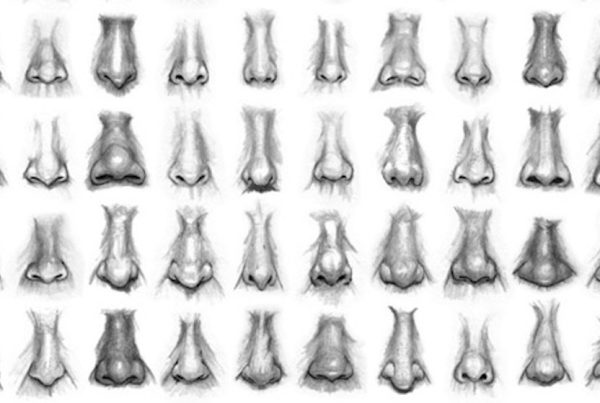With hugging and physical contact back on the agenda, we look at some of the ingredients to help skin care makers channel the power of touch
For the past 18 months the Covid-19 pandemic has dramatically affected inter-human contact. Even when meeting friends and family it has been without handshakes and hugs – and we have come to realise the importance of touch in social interaction.
With the gradual return to normal behaviour this article will focus on ingredients to create pleasant to the touch and pleasant to apply textures for face and body.
The importance of tactile responses was the theme in the recent (April 2021) multi-sensory beauty event organised by the UK’s Society of Cosmetic Scientists.
In a series of fascinating presentations, Katerina Steventon, Independent Skincare Consultancy, talked about consumer sensory perspectives as seen in her clinic.
Francis McGlone, Liverpool John Moores University, NeuroSci, discussed grooming and suggested it is as much about feeling good as looking good.
Tracey Sanderson, Sensory Dimensions, discussed the value of sensory in the beauty game and Natalie Hutchinson, Surfachem, showed how emotional wellness, inclusivity and societal changes are influencing product design, and how fragrance is key to these messages.
In the search for product efficacy in skin care it is sometimes overlooked that a product should be pleasant to apply, whether by the user, by a lover or by a therapist. Touch, texture, skin feel, playtime, dry, greasy, smooth, silky, etc are all adjectives that may be used to describe the feel of a product during application and these terms can be used to create a sensorial profile.













